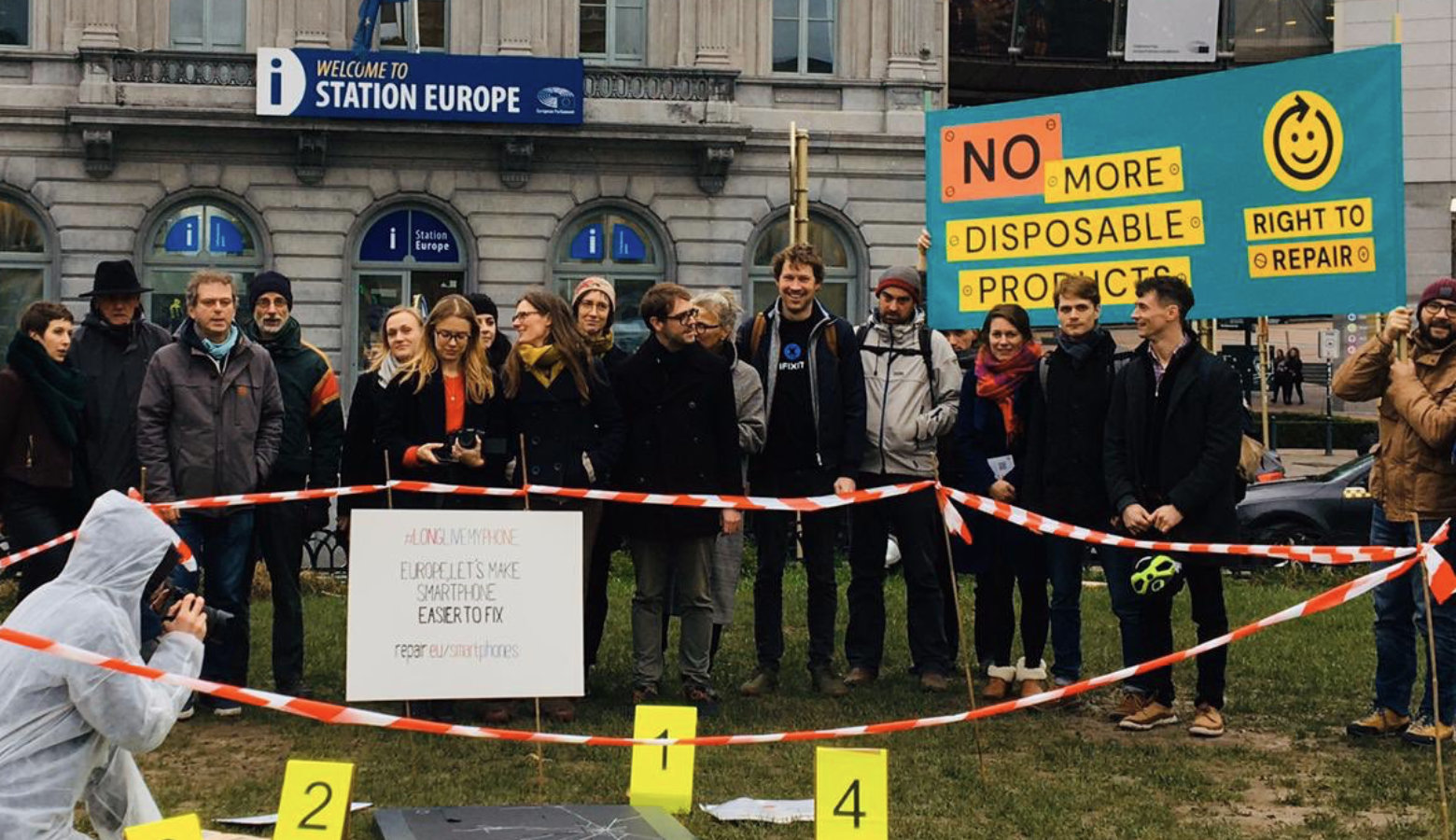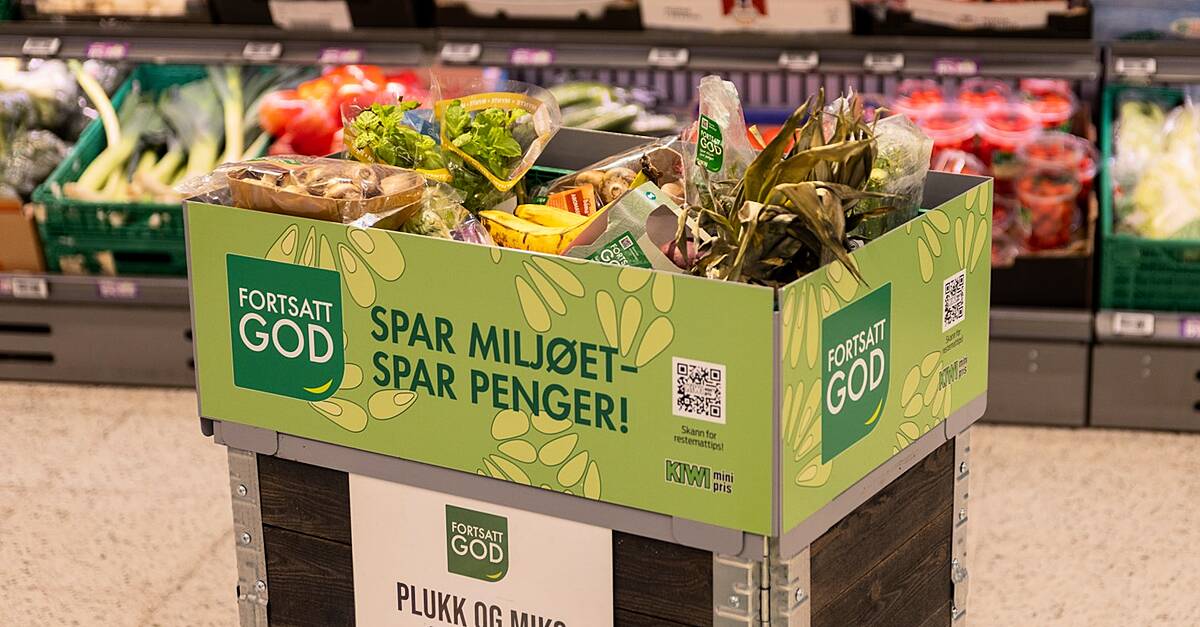Must-Know Global Laws That Are Tackling Waste

We talk a lot about reusing, reducing, and recycling but did you know that in some countries, it’s not just a suggestion, it’s the law? From food waste bans to the right to repair law, several nations have taken serious steps to make sustainability part of the system. Instead of just feel-good campaigns, they’re enforceable policies built around real change. Let’s take a little tour around the world to see what some countries are doing to cut down on waste, support circular economies, and protect our planet for the long run.
Anti-Food Waste Law for Supermarkets - France
In 2016, France made headlines by becoming the first country in the world to ban supermarkets from throwing away edible food. Thanks to the Loi Garot law, large grocery stores over 400m² in size are legally required to donate unsold but safe-to-eat food to charities or food banks instead of tossing it out. The law was passed to preserve resources, reduce waste, and support communities in need. Violating the law could land businesses with a €75,000 fine or up to two years in prison. Now that’s how you turn food waste into food justice.

Right to Repair - France
France also has a Right to Repair law, making it easier and more transparent for consumers to repair electronics instead of throwing them out. Since 2021, every product like laptops, smartphones, TVs, and washing machines now comes with a “repairability index” (Indice de Réparabilité) with a score that tells you how easy it is to repair the item, right there at the time of purchase. This move is part of a broader anti-waste law for a circular economy, nudging manufacturers to make longer-lasting products and empowering consumers to fix rather than replace.

Oh, and on January 1, 2024, France also banned plastic packaging for most unprocessed fruits and veggies, all part of a plan to phase out single-use plastics by 2040.
Supermarkets Must Donate Surplus Food - Norway
While not a legal mandate like France, Norway’s supermarkets voluntarily teamed up with the government to fight food waste. Under this agreement, supermarkets are expected to donate surplus food instead of discarding it. Now, stores over 400m² are monitored and guided to ensure they’re diverting edible food to approved charities and food banks. Employees are also trained on how to sort and handle food donations properly. It’s a powerful example of a public-private partnership working in line with the UN’s goal to cut food waste by 50% by 2030.

Food Donation Incentive Law - Italy
Italy took a slightly different route, instead of punishing waste, they chose to reward donations. The “Gadda Law,” passed in 2016, simplifies the process for companies, restaurants, and even small businesses to donate leftover food like items past their "best before" dates (if still safe to consume). It also provides tax breaks and incentives to encourage participation. The goal was to reduce Italy’s 5 million tonnes of annual food waste by at least one million tonnes.

Waste Management System - South Korea
South Korea has one of the most organized and effective waste systems in the world and it’s working. Under the Wastes Control Act (Jongnyangje), households must separate their trash into categories like general waste, recyclables, and food waste. To make it even more efficient, they use a pay-as-you-throw system, where people pay based on how much non-recyclable waste they produce using colour-coded bags. The amount of waste was slashed by 50,000 tonnes per day, and the country hit a recycling rate of 49%. That’s huge. A law built for cleanup and for accountability and behaviour change.

When Laws Lead, Change Follows
From Europe to Asia, countries are proving that strong environmental policies can help change entire systems by making waste reduction a legal, social, and cultural norm. They show commitment to building circular economies, reducing resource pressure, and creating solutions that work for both people and the planet.
And while not every country has these laws (yet), knowing what’s possible is the first step to pushing for change where you are.
So next time you're in a store, holding a product with excess packaging or about to throw leftovers think of these countries and their efforts. Because change begins with one step, and one law can ripple across the world.






Leave a comment